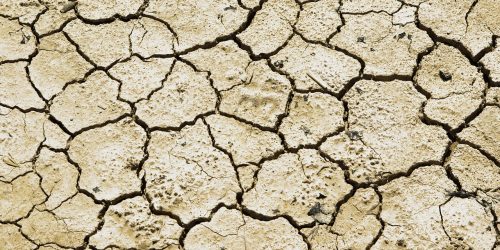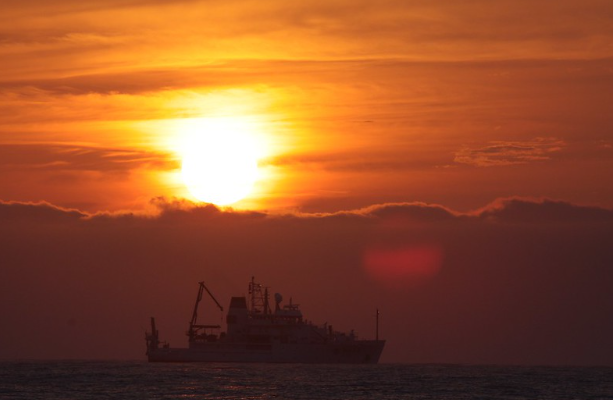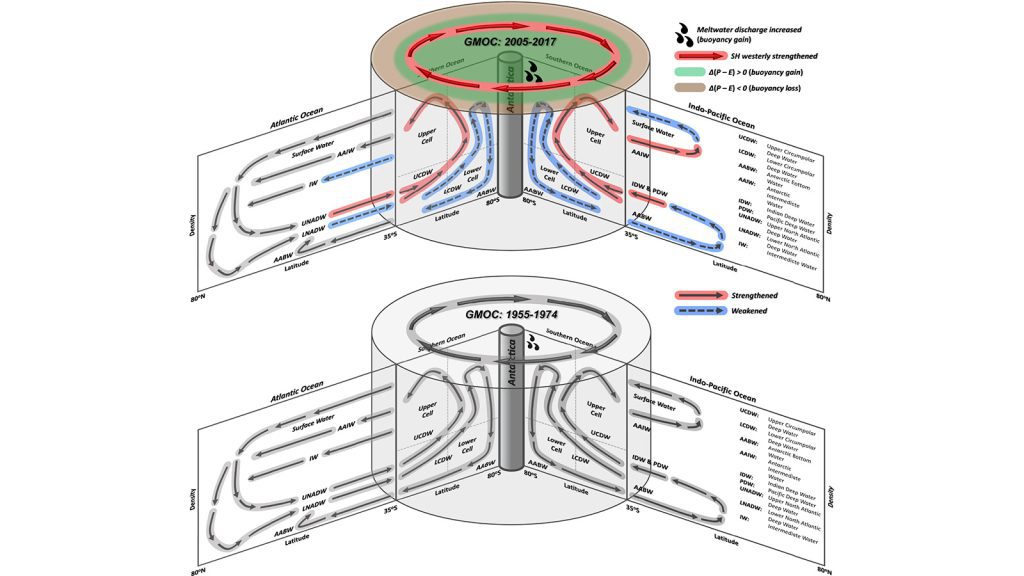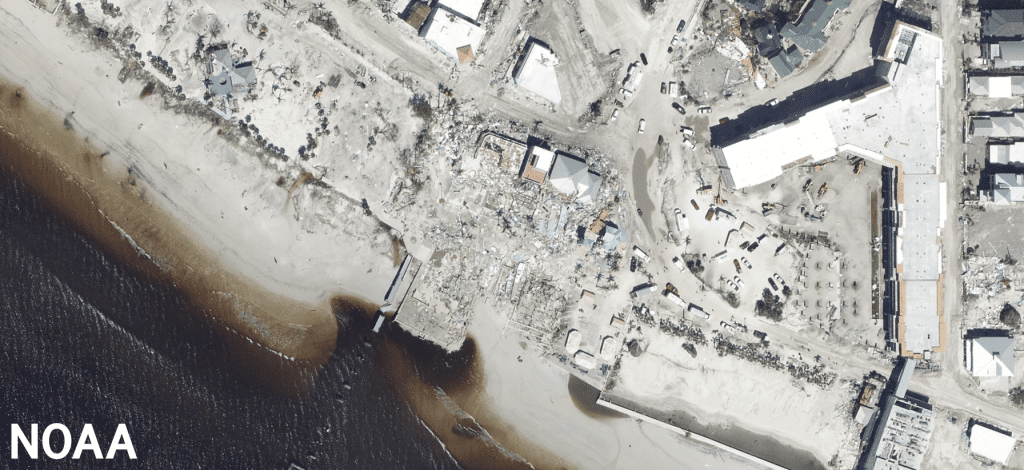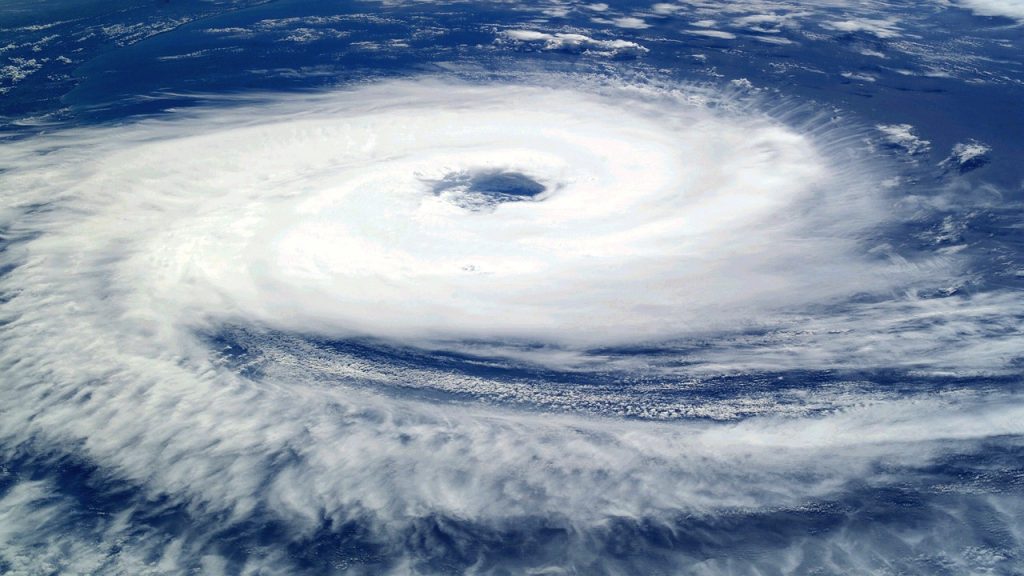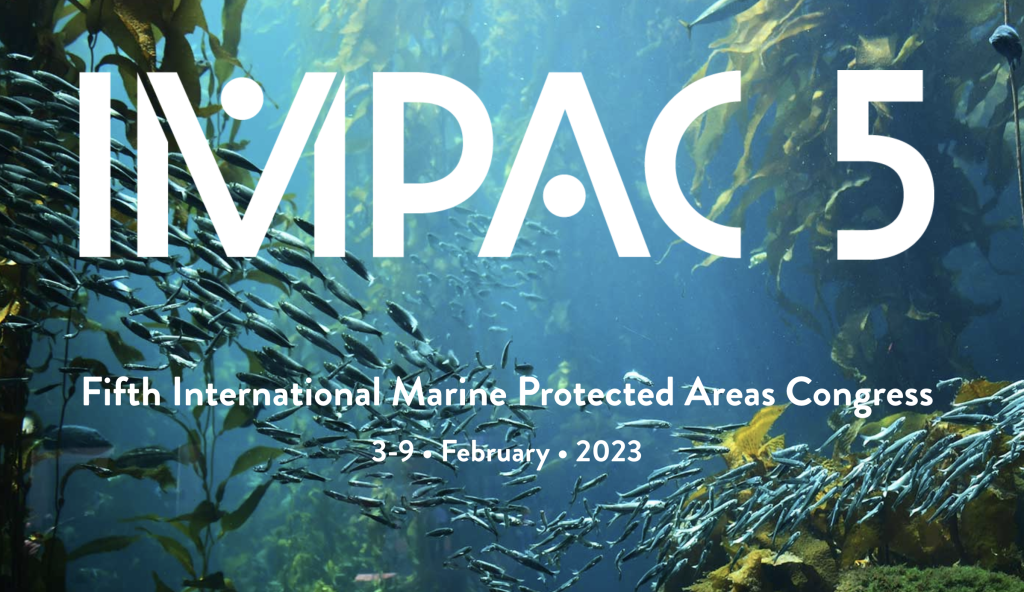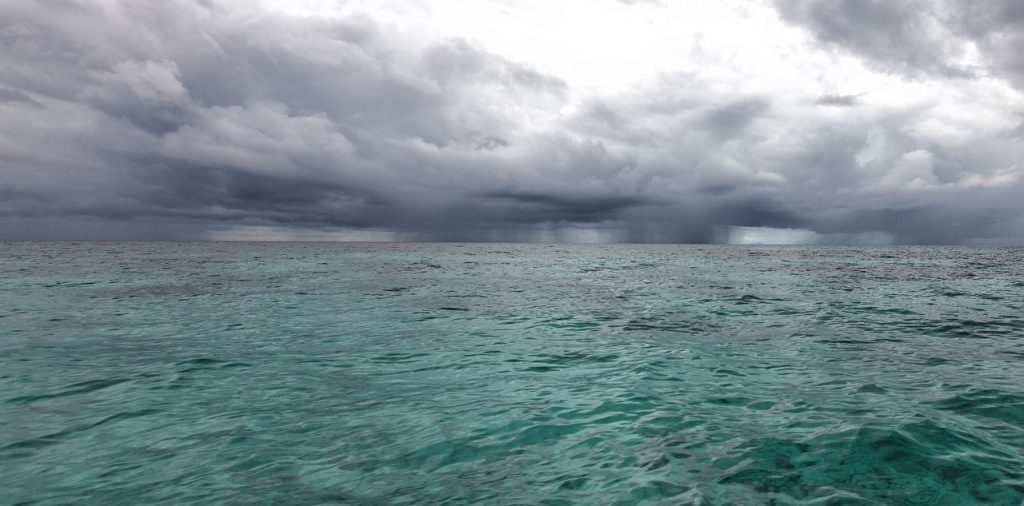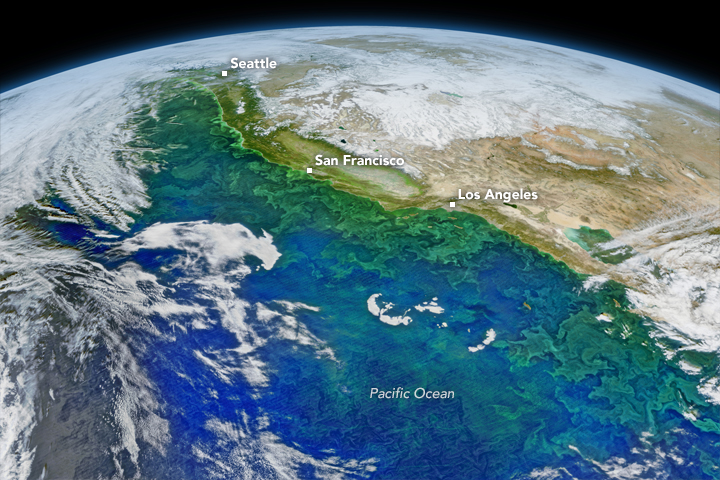A new study projects that under the highest-emission scenario, 62 percent of the world’s land area could face more frequent and severe multi-year droughts, highlighting urgent challenges for global water resource management.
More News
Marine Ecosystems Task Force push for clearer definitions of marine heatwaves that adequately capture the nature of our climate and the shift to warmer conditions…
A new MAPP funded study looks at the difference between sea surface and sea bottom marine heatwaves….
Scientists at NOAA’s Atlantic Oceanographic and Meteorological Laboratory (AOML) have shown that the Global Meridional Overturning Circulation (GMOC), commonly known as the global ocean conveyor…
US CLIVAR’s Scientific Steering Committee meets to review progress, priorities, and examine the evolving climate science landscape….
Sea level rise (SLR) is a major consequence of climate change. The densely populated U.S. East Coast and the Gulf of Mexico coast are vulnerable…
Global warming of surface air temperature is largely due to increases in greenhouse gases, which lead to increased radiative heat fluxes toward Earth’s surface. While…
A recent study with contributions from both COM- and MAPP- supported researchers improves the representation of tropical cyclone formation and longer term projection in global…
MERT aims to provide climate research and information to reinforce and expand the application of climate science in National Marine Sanctuaries activities, and ultimately improve…
A new CVP- and MAPP- supported study published in Science Advances provides a new understanding of how tropical storm systems can be represented in climate…
Sparse and inconsistent coverage of ocean observations makes analysis of climate impacts on ocean physics and marine ecosystems challenging. However, recent advances in high-performance computing…


